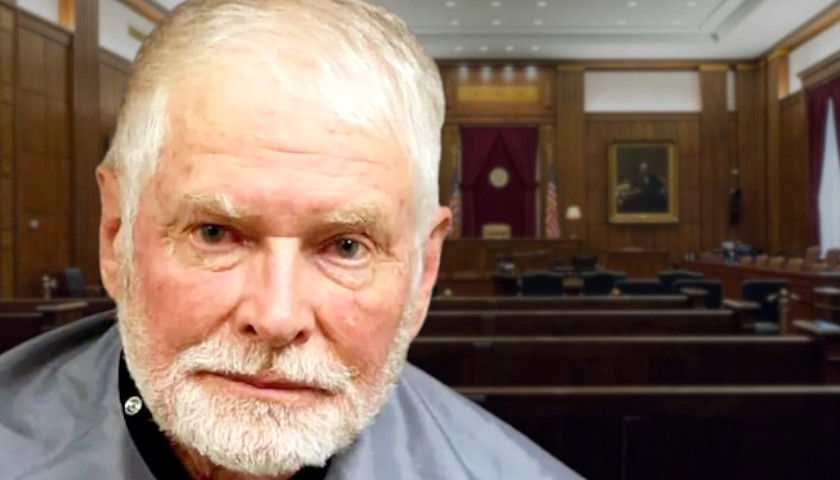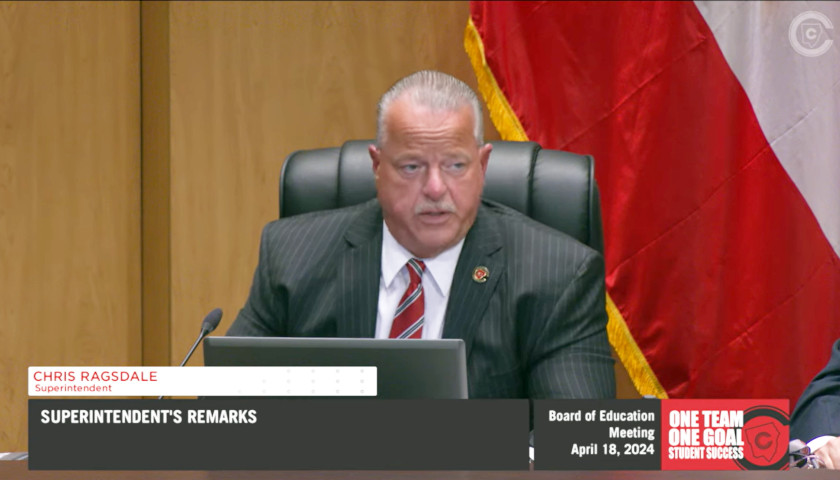The 6th Circuit Court of Appeals accepted a potential landmark case involving the constitutionality of the City of Nashville’s practice of charging property owners fees for sidewalks in exchange for building permits.
Nashville citizens Jason Mayes and Jim Knight first filed their lawsuit at the end of October, 2020. The action stems from a dispute arising when Mayes sought to build a home on a vacant lot located in a neighborhood that did not contain sidewalks. Officials determined in the permitting process that the “sidewalk law” applied, and, after an initial back-and-forth, Mayes paid the City a fee of nearly $9,000 – instead of building a sidewalk – in order to be allowed to proceed with the construction of his residence.
Metro justifies charging its residents for sidewalks by saying that it benefits property owners through increased property value and safety. Metro Nashville Council made this change in policy when it replaced the previous version of Metro Code § 17.20.120 with BL2016-493, which took effect in 2017.
The non-profit Beacon Center of Tennessee has been helping Mayes and Knight with their case. The center-right think tank explained:
Jim Knight bought a piece of property on Acklen Park Drive, which lacks sidewalks. In Jim’s case, building sidewalks on Jim’s property would cause problems for the city. Metro Public Works and the Stormwater Department determined that building a sidewalk there would cause drainage issues for the neighborhood. Nashville told him that he could build a modified sidewalk or pay a sizable fee to get out of the condition altogether. Jim has thus far refused to pay, which is holding up his building project.
Jason Mayes’s parents gave him and his family the vacant lot next to their home on McCall Street. Out of a desire to remain close, Jason and his wife planned to build their family home on that lot. When he applied for a building permit, Nashville demanded he build a sidewalk even though there are no sidewalks on his side of the street. As the picture depicts, there are no sidewalks anywhere around the property. Jason pleaded with the city to be relieved of this obligation. The City made him comply anyway. Jason wound up having to pay Nashville an $8,800 “in lieu” fee before he could proceed with building his family’s home.
The position of Knight and Mayes is that it is unconstitutional to demand that a property owner pays for sidewalks in exchange for a permit.
Braden Boucek is a lawyer for the Southeastern Legal Foundation who is also helping Mr. Knight and Mr. Mayes. Mr. Boucek told FOX17 in December, “The city wants to build public infrastructure, but it has no idea how to pay for it and so it’s putting that cost on Nashville area homeowners, essentially Nashville is using its permit authority as a license to steal”.
He continued: “This is the taking of property and the Fifth Amendment prohibits the government from taking people’s property without paying for it. What Nashville has done here is a constitutional end around. Right, if they tried to take this property directly they would have to pay for it. What Nashville has done instead is said you can’t have your building permit unless you waive your right and give us money”.
The case heads to the U.S. 6th Circuit Court of Appeals after Knight and Mayes appealed the ruling of Judge Aleta A. Trauger of the U.S. District Court of Middle Tennessee. Judge Trauger ruled in favor of the city of Nashville in November.
Judge Trauger held that Knight and Mayes did not sufficiently refute the case made by the city of Nashville
In light of Metro’s arguments and the plaintiffs’ failure to refute them, the court finds, in weighing the Penn Central factors, that the Sidewalk Ordinance does not effect an unconstitutional taking without compensation. Metro, therefore, is entitled to summary judgment on the plaintiffs’ claim that they were subjected to unconstitutional takings without just compensation.
The case is Knight v Metropolitan Government of Nashville and Davidson County, case number 3:20-cv-00922.
– – –
Aaron Gulbransen is a reporter at The Tennessee Star and The Star News Network.
Photo “6th Circuit Court of Appeals” by U.S. Court of Appeals for the Sixth Circuit.








